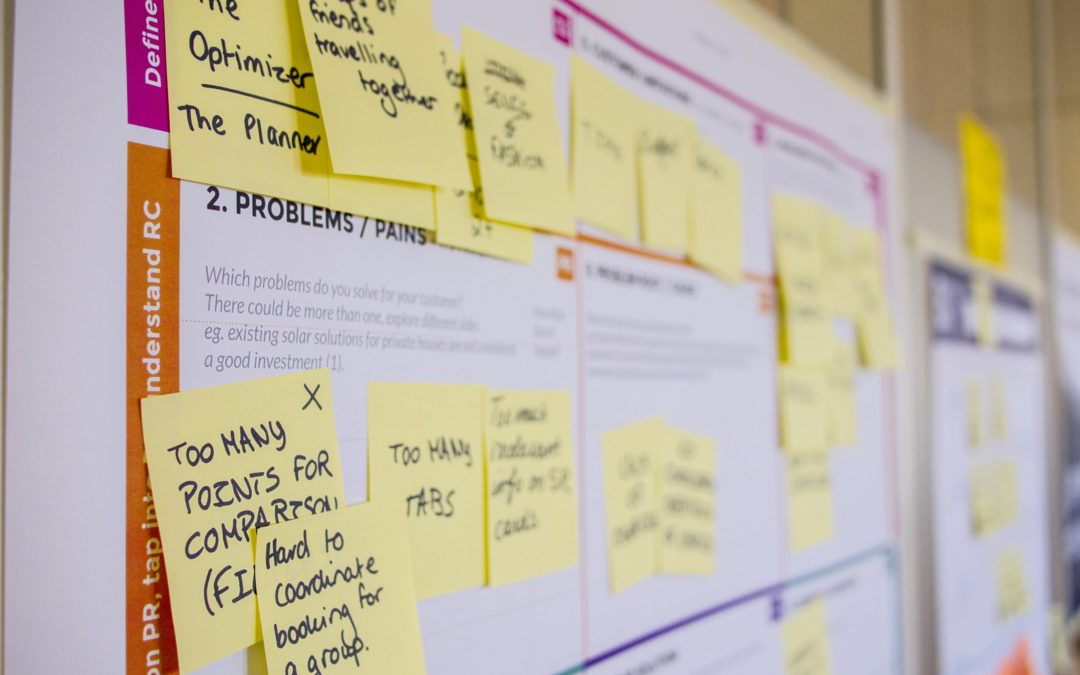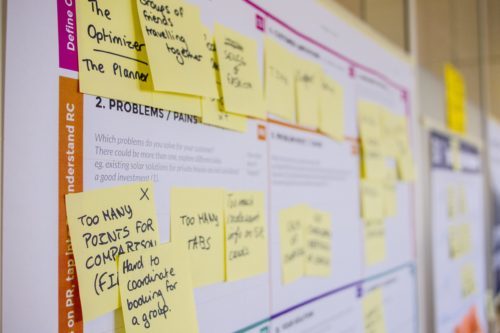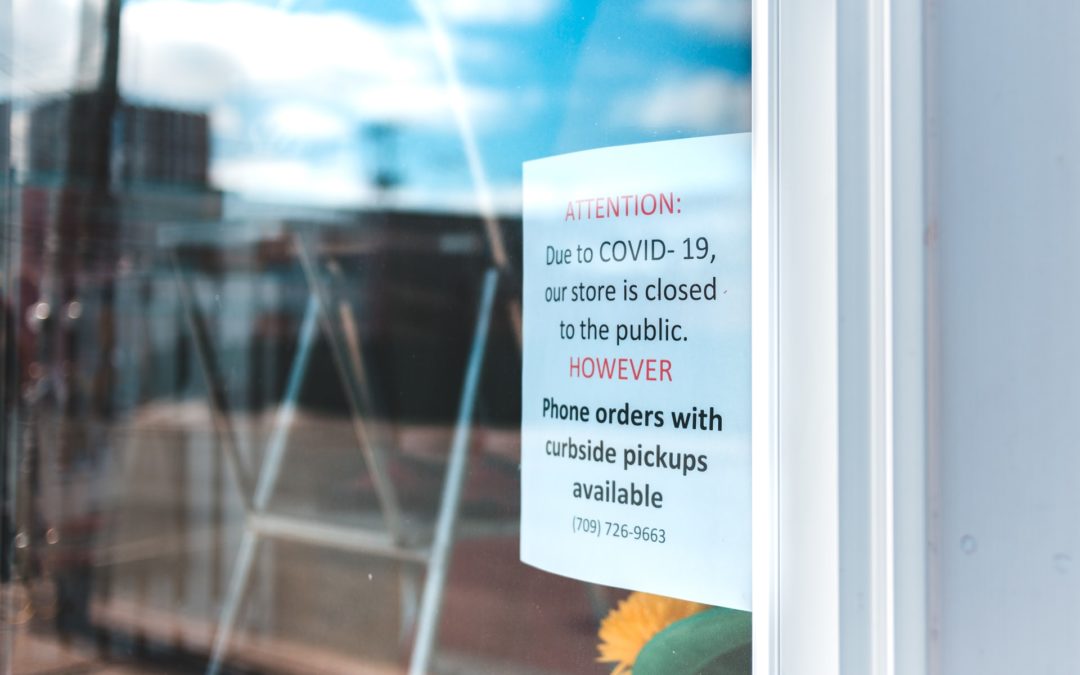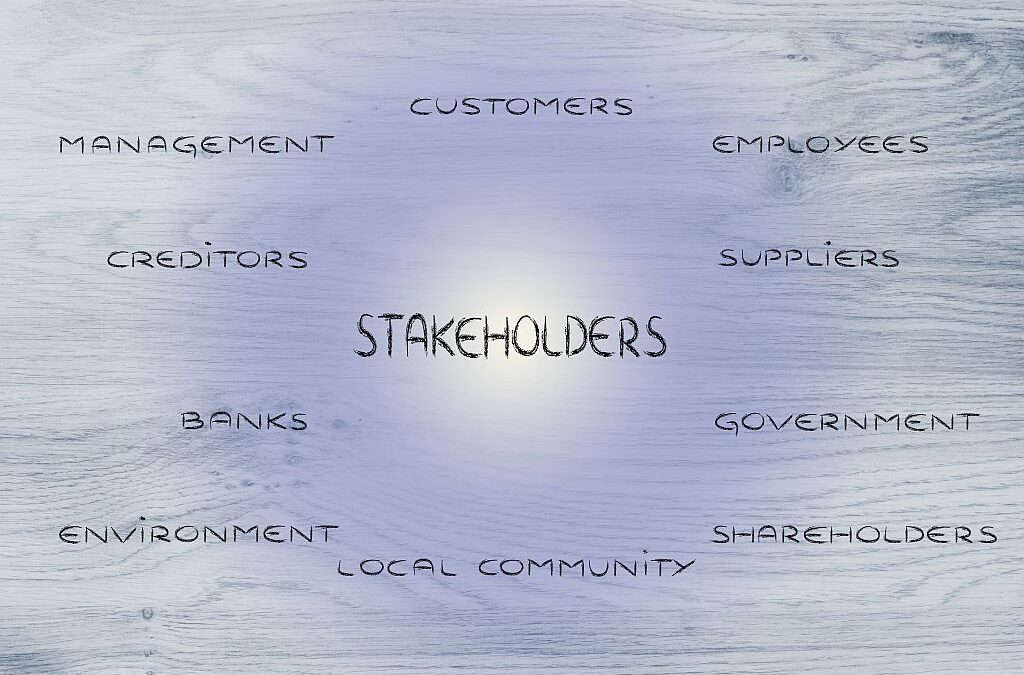
Current Status of Museums and Digital Platforms: Passion and Persistence
Current Status of Museums and Digital Platforms: Passion and Persistence
Wednesday, November 11, 2020, by Lenore Miller

Being the Change, You Wish to See
Those of us in the museum field, as evident in the dialogue between Hilary-Morgan Watt and Lenore Miller, are passionate about presenting art and we can call upon the entrepreneurial spirit for persistence in creating new models of experience. Digital platforms and social media are a form of outreach highly prized now, and in the future.
Museums and other cultural institutions are vulnerable due to closures and financial perils, and yet have been able to pivot effectively to represent on social media. Museums are adapting to the pandemic restrictions by utilizing social media as never before. Hilary-Morgan Watt brilliantly outlined how social media has stepped up to the challenge while museums have been shuttered. In the Spring, museums designed campaigns that creative and talented staff organized campaigns to engage audiences virtually. These were meant to uplift, providing a “light lift” for museums and way to humanize the museums’ missions by sensing the public mood.
Some exhibition themes are easier to translate to digital platforms than others. Open air components, such as the Hirshhorn Museum and Sculpture Garden, have been able to offer visitors immersive outdoor experiences. For example, Lee Ufan’s sculpture installation was environmental and related to the museum’s architecture, and could best be experienced by moving around in space. In contrast, however, Jimmie Durham: Still Life with Spirit and Xitle, a somewhat humorous work consisting of a car smashed by an animated boulder, could be experienced through a photograph, yet its presence in the front of the museum expanded the conversation with Lee Ufan’s installations.
A museum staff using social media effectively to augment its mission’s outreach is not new, but has become essential strategic thinking out of necessity. Staff well versed in utilization of social media have become essential players and more numerous. In our webinar Hilary-Morgan Watt described the “lay of the land” how museums have embraced social media during these uncertain times. One example that was innovative for the contemporary art museum, was introducing the personality and private studios spaces of artists to audiences through video and Zoom presentations. In the example of envisioning Pat Steir’s studio, one piece of a creative’s “content is repurposed,” stated Hilary-Morgan Watt. This is effective and vital. It opens another dimension to the appreciation of the
sustained hard work that artists do. Many successful artists are busy with their process, and the ability to glimpse inside their studios was most effectively caught by the Hirshhorn’s videography.
Artists reputations can grow and spread in popular culture through social media, as in the case of Yayoi Kusama’s “Infinity Mirrors” and the “Obliteration Room” (February – May, 2017) “This extremely popular exhibition was amplified by visitors’ and staff’s participation in social media,” read the website. So, using social media has just stepped up in its versatility for the current state of affairs. And one must remember that by digital means, the museum can track its successes, and yes failures. Support museums and make your voice heard through comments, as they are heard!
While museums are closed or visitation reduced, are we losing our ability to engage in “sustained looking” at works of art? The experience of close examination of works of art — the subtle textures, details, and yes “presence” — is the most enriching experience of a museum visit. By oneself or with others. The collecting and preservation of artifacts will not be replaced by the digital experience, but it adds an accessible way of visiting the museum’s treasures. The local reach of a small museum can become global. Its educational mission reaching new and diverse audiences. But being “old school” I still want to be present to experience the interaction among works of art as they have been curated and displayed.
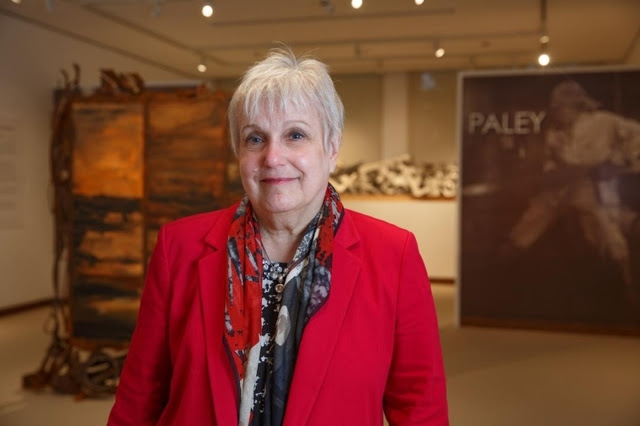
Lenore Miller
Curator Emerita, the George Washington University Museum and ICSB Master Teacher
As director of university art galleries and chief curator, Ms. Miller led the Luther W. Brady Art Gallery team while also overseeing GW’s art collection. Throughout her time at GW, she also taught courses on exhibition design, art history survey and design for the fine arts.

Hilary-Morgan Watt
Digital Engagement Manager for the Smithsonian’s Hirshhorn Museum and Sculpture Garden
With 15 years of experience in museums and galleries, Ms. Watt has led digital strategy workshops across the Smithsonian and lectured at the State Department, George Mason University, and Georgetown University. A transplant from the Pacific Northwest, she completed her B.F.A. at Southern Oregon University and completed her Masters in Museum Studies from the George Washington University (GWU). She is an active member of ArtTable and an adjunct professor at GWU, teaching “Museums & Social Media” in the Graduate Museum Studies program.



